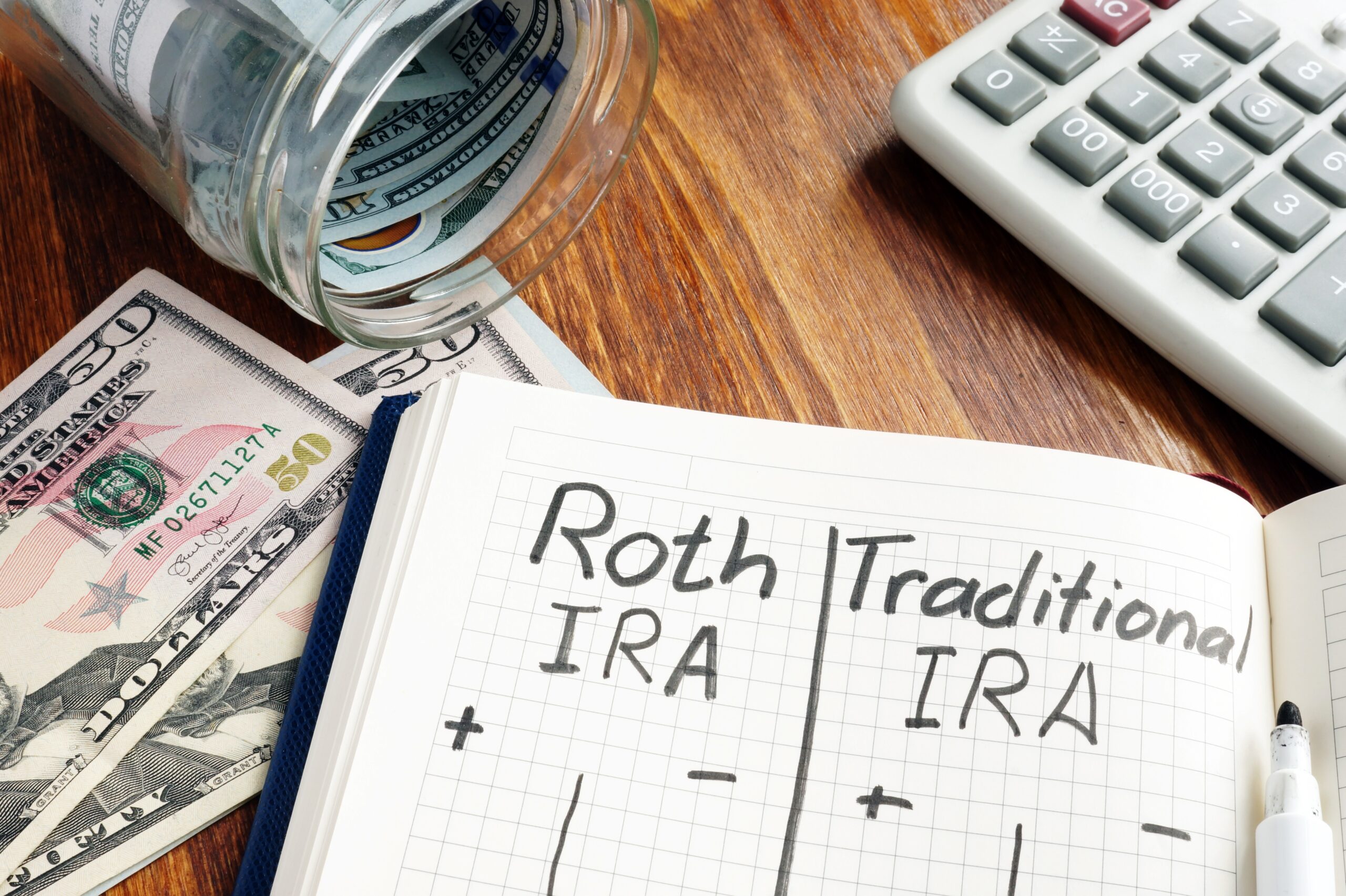A recent GOBankingRates survey of over 1,000 women found that an alarmingly high percentage of women — 57% — are not investing. The survey also found that the most common investment vehicle among women is a workplace retirement plan, such as a 401(k) or 403(b), but only 17% are taking advantage of these accounts.
Why Women Are Not Taking Advantage of Workplace Retirement Accounts
There are several reasons why a woman may not be investing in a 401(k) or 403(b), one of which is a lack of knowledge about what these accounts are and how they work.
“In my experience with clients, the majority of women are not utilizing their workplace retirement plan due to their lack of basic knowledge of investment choices,” said Juliann Gumulak Smith, founder of the Investment Academy for Women. “They become overwhelmed with investment options and end up not contributing to a 401(k) plan. Many come into the workforce ill-equipped to make these crucial first investment decisions, which can profoundly affect their retirement savings.”
They may also feel distrusting of or intimidated by the companies that provide these accounts.
“Many of the women we speak with that are not taking advantage of their company 401(k) are ashamed of not knowing more about personal finance, and are intimated by big banks and men in suits who all too often talk down to them,” said Jenna Biancavilla, wealth advisor and owner of Pearl Capital Management. “Some women even share horror stories about predatory financial salesmen as the rationale for not utilizing their 401(k).”
Another reason could be that they deem any sort of investment as too risky.
“A myth I like to debunk is the common thought that investing in a 401(k) is synonymous with putting money in the stock (equity) market — and therefore is scary to some women,” Biancavilla said. “This is not true. A 401(k) is simply the retirement account type that gives you a beneficial tax treatment. You should have the option to invest in a cash equivalent, money market or bond funds in your 401(k) along with the various different equity mutual funds most people associate with 401(k) [plans].”
In addition, a common reason women don’t utilize these accounts is the belief that they don’t have enough money to put any aside for retirement.
“Participating in a 401(k) plan should be part of a budget,” said Dawn-Marie Joseph, founder of Estate Planning & Preservation in Williamston, Michigan. “You should begin saving [a portion] of your paycheck in a 401(k), even if it means adjusting your budget.”
Why Women Should Be Investing in Their Workplace Retirement Accounts
There are several reasons women should be investing in a 401(k) or 403(b), the primary of which is that it’s important to save for retirement.
“Social Security benefits are not enough to provide for a comfortable retirement,” said Phil Weiss, CFA, CPA, principal at Apprise Wealth Management. “Additional savings are needed.”
There are also unique advantages to saving in a 401(k) or 403(b).
“A 401(k) represents a tax-advantaged way to save for retirement,” Weiss said. “This can help lower your overall tax bill currently. It can also provide additional funds to spend to help you maintain your quality of life in retirement.”
In addition, not saving in a 401(k) or 403(b) means you are missing out on money that should be yours.
“Not contributing at all can mean the loss of a company match,” Weiss said. “This match is part of earnings. By not contributing, you are giving away a portion of what’s yours.”
How Much Women Should Be Contributing to Workplace Retirement Plans
If money is tight, you may be hesitant to put any portion of your income into a retirement savings account, but it’s important to remember that every little bit counts, and you can increase your savings contribution over time so it’s OK to start small.
“The minimum suggested 401(k) contribution is to collect the full match your employer is offering,” Biancavilla said. “The next goal is to contribute about 10% of your income to your 401(k). The ultimate goal is to max out your 401(k) each year — $22,500 in 2023 (plus an extra $7,500 if you are over 50).”
Even if you can’t put enough away to get the full match your employer offers, you should put away what you can.
Alternatives To Workplace Retirement Accounts
Not every woman has access to a 401(k) or 403(b), but there are other ways to start setting money aside for the future.
“If you do not have access to a company 401(k), IRAs and Roth IRAs are great places to get started, but they are capped at $6,500 per year,” Biancavilla said. “If you are a solo entrepreneur, SEP IRAs and solo 401(k)s are inexpensive ways to add more money to a retirement plan. If you have employees, offering a company 401(k) plan might not be as expensive as you think — it’s worth exploring the tax benefits of offering this benefit to yourself and your team.”
You can also put money into a health savings account.
“This money can be used for medical bills and premiums, but if you leave it there, then at the age of 65 it is treated like an IRA,” Joseph said. “Health Savings Accounts will help you with your tax return refunds too. Your broker or local bank can help you with setting up a Health Savings Account.”
GOBankingRates wants to empower women to take control of their finances. According to the latest stats, women hold $72 billion in private wealth — but fewer women than men consider themselves to be in “good” or “excellent” financial shape. Women are less likely to be investing and are more likely to have debt, and women are still being paid less than men overall. Our “Financially Savvy Female” column will explore the reasons behind these inequities and provide solutions to change them. We believe financial equality begins with financial literacy, so we’re providing tools and tips for women, by women to take control of their money and help them live a richer life.
This article originally appeared on GOBankingRates.com: Fewer Than 1 in 5 Women Is Saving in a Workplace Retirement Account: Why That’s a Mistake






